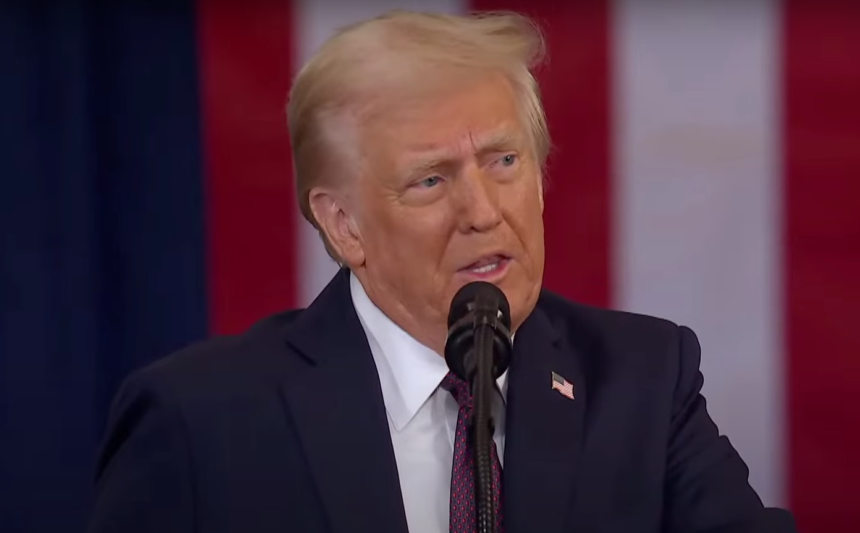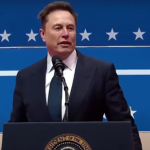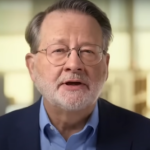The Temporary Protected Status (TPS) for Venezuelans has been a topic of intense discussion in the United States, particularly due to the large number of migrants fleeing political turmoil, economic instability, and humanitarian crises in Venezuela. The Biden administration has taken several steps to extend and redesignate TPS for Venezuelans, allowing thousands to remain in the U.S. legally and apply for work permits, deportation relief, and legal employment opportunities. The move has been met with mixed reactions from various political circles, advocacy groups, and the general public. While many immigration advocates praise the decision as a lifeline for Venezuelan migrants, some conservative lawmakers have expressed concerns over border security and the increasing influx of asylum seekers.
The latest updates on TPS for Venezuelans indicate that an additional 472,000 Venezuelan nationals will be eligible for legal protection under the new extension, bringing the total to nearly 700,000 beneficiaries. This extension will last for 18 months and allows eligible Venezuelans to apply for work authorization, which is critical in ensuring their economic stability and integration into the U.S. workforce. Many Venezuelans who fled their homeland due to hyperinflation, food shortages, and human rights abuses have struggled to find stability in the U.S., and the TPS extension provides a crucial opportunity for a more secure future.
However, Republican lawmakers have criticized the move, arguing that granting TPS to such a large number of individuals may incentivize more migration and put additional pressure on border security. Critics also believe that TPS, originally intended as a temporary relief measure, has turned into a long-term immigration solution without a clear path to permanent residency or citizenship. Meanwhile, Democrats and immigration advocates have argued that many Venezuelans cannot safely return due to the ongoing crisis in their home country, and revoking TPS could force them into dangerous and life-threatening situations.
One of the key benefits of TPS is that it allows recipients to work legally in the U.S., reducing their dependency on informal employment and providing them with better economic opportunities. This also benefits the U.S. economy, as many Venezuelan migrants take up jobs in critical industries such as construction, healthcare, and hospitality, which have been facing labor shortages. Employers in states like Florida, Texas, and New York, which have large Venezuelan communities, have welcomed the decision, noting that it will help fill job vacancies and support local economies.
The application process for TPS can be complex and time-consuming, requiring applicants to prove their continuous residence in the U.S. before a specific date and undergo background checks. Immigration attorneys have been advising Venezuelans to file their applications as soon as possible, as delays in processing could jeopardize their legal status. The U.S. Citizenship and Immigration Services (USCIS) has also urged applicants to ensure that their documents are accurate and complete to avoid rejections or delays.
In addition to TPS protections, the Biden administration has explored other pathways for Venezuelan migrants, including humanitarian parole programs and asylum options. However, asylum cases can take years to process due to backlogs in immigration courts, leaving many migrants in a state of legal uncertainty. Some Venezuelans have also faced exploitation from fraudulent immigration services, where they are charged exorbitant fees for false promises of legal residency.
With the 2024 U.S. presidential election approaching, immigration policies, including TPS for Venezuelans, are expected to become a major campaign issue. While Democrats argue that the U.S. has a moral responsibility to protect vulnerable migrants, Republicans are pushing for stricter border controls and limitations on immigration programs. The outcome of the election could determine the future of TPS recipients, with some fearing that a Republican victory could lead to the termination of TPS programs and force Venezuelans to return to a country still in crisis.
In Venezuela, President Nicolás Maduro’s government has dismissed the U.S. extension of TPS as “political maneuvering,” arguing that the U.S. should instead lift economic sanctions that have contributed to the country’s economic struggles. The Venezuelan opposition, however, sees the TPS extension as a necessary measure to protect those who have escaped the regime’s oppression and economic collapse.
The future of TPS for Venezuelans remains uncertain, with both political and legal challenges ahead. As the debate continues, hundreds of thousands of Venezuelan migrants are now in a race against time to secure their status, build new lives, and contribute to American society while awaiting a permanent solution to their immigration status.






